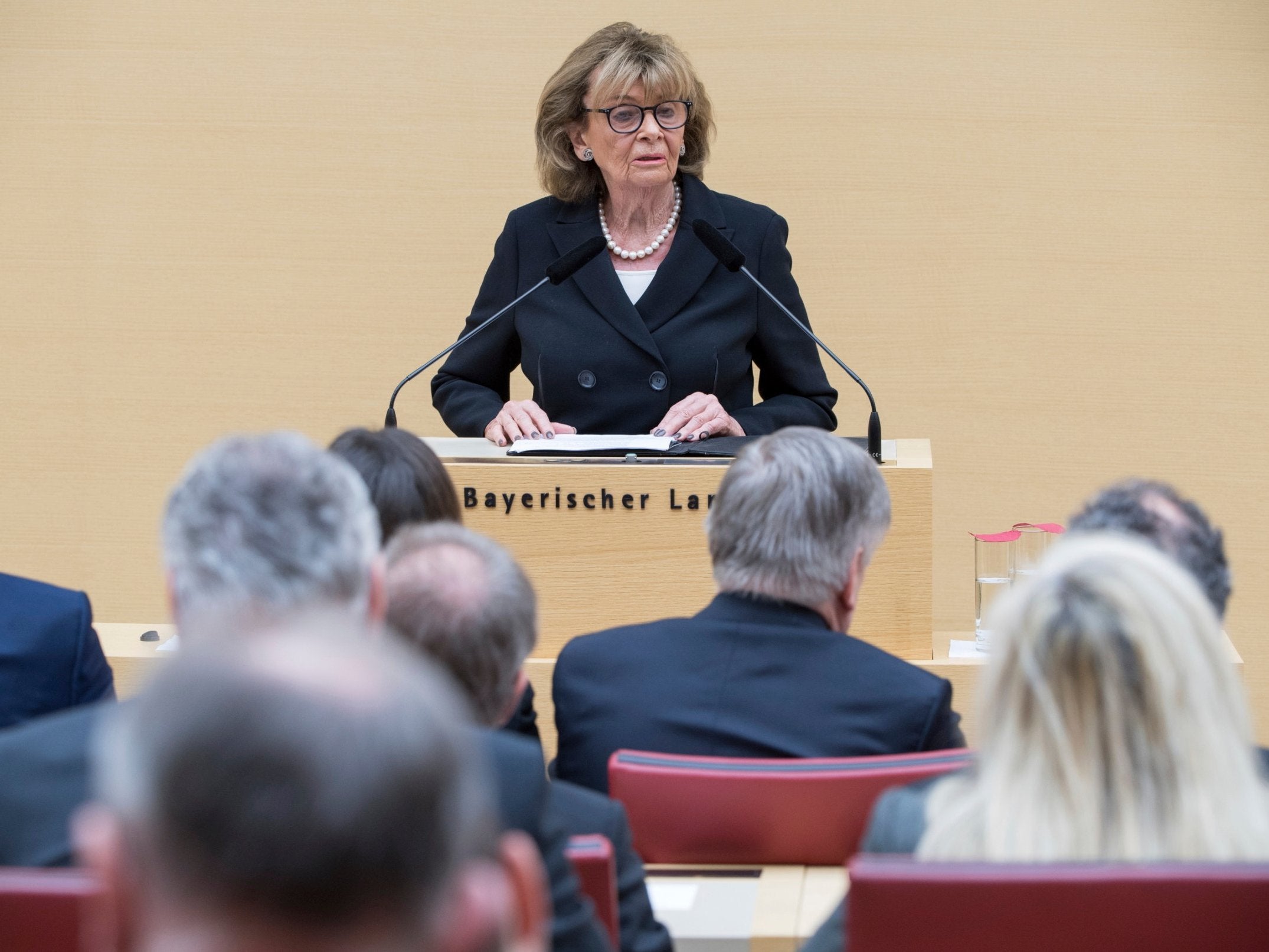Germany's far-right AfD party banned from attending Holocaust memorials at Nazi concentration camp
Director of Buchenwald Memorials Foundation condemns group's ‘anti-democratic’ views
Your support helps us to tell the story
From reproductive rights to climate change to Big Tech, The Independent is on the ground when the story is developing. Whether it's investigating the financials of Elon Musk's pro-Trump PAC or producing our latest documentary, 'The A Word', which shines a light on the American women fighting for reproductive rights, we know how important it is to parse out the facts from the messaging.
At such a critical moment in US history, we need reporters on the ground. Your donation allows us to keep sending journalists to speak to both sides of the story.
The Independent is trusted by Americans across the entire political spectrum. And unlike many other quality news outlets, we choose not to lock Americans out of our reporting and analysis with paywalls. We believe quality journalism should be available to everyone, paid for by those who can afford it.
Your support makes all the difference.Represenatives of the far-right Alternative for Germany (AfD) party have been banned from attending Holocaust remembrance services at the largest Nazi concentration camp on German soil.
Volkhard Knigge, director of the Buchenwald Memorials Foundation, told AfD politicians in the state of Thuringia where the camp is located they were no longer welcome because of anti-democratic and racist tendencies in the party.
He sent a letter to the local AfD chapter informing them the ban on memorial services would run “indefinitely”, according to The Local.
Mr Knigge said AfD politicians were not welcome until they had “credibly distanced themselves from their party’s anti-democratic, anti-human rights and revisionist positions”.
Around 56,000 people were killed at Buchenwald during the Second World War, among the estimated six million Jews murdered in the Holocaust.
Bjoern Hoecke, the AfD’s leader in Thuringia, told supporters two years ago that Berlin’s memorial to the victims of the Holocaust was a “memorial of shame” and said history books should be rewritten to focus more on German victims.
The far-right party, whose popularity surged amid anger over German chancellor Angel Merkel’s 2015 decision to accommodate over a million refugees, has said Islam is incompatible with the German constitution, but rejects charges of racism.
Earlier this week, MPs from the AfD staged a walk out from the Bavarian parliament during a service to remember Holocaust victims after it was accused of playing down Nazi crimes.
Charlotte Knobloch – the former head of Germany’s Central Council of Jews and a Holocaust survivor – told the chamber the AfD based its policies on “hate and marginalisation”, leading more than a dozen AfD politicians to walk out while remaining members of the parliament applauded her speech.

On Saturday Chancellor Merkel underscored the urgency of combating antisemitism, racism and hatred more than 70 years after the Holocaust, calling for new ways to keep alive the memory of the millions of people killed by the Nazis.
Ms Merkel, in a video address released ahead of Sunday’s International Holocaust Remembrance Day, said it was everyone’s responsibility to ensure “zero tolerance” of xenophobia and all forms of antisemitism.
“People growing up today must know what people were capable of in the past, and we must work proactively to ensure that it is never repeated,” Ms Merkel said.
Last year Germany appointed a commissioner to oversee efforts to combat antisemitism and will also set up a central repository to collect information about such incidents, Ms Merkel said.
“It will be crucial in the coming time to find new ways of remembrance,” she added. “We must look more closely at the personalities of people who were victims back then, and to tell their stories.”
Ms Merkel also cited the importance of supporting Holocaust memorials and private initiatives such as the “stumbling stones” project, which installs brass bricks inscribed with the names and key details of people near the homes from which they were deported during the Nazi era.
Additional reporting by Reuters

Join our commenting forum
Join thought-provoking conversations, follow other Independent readers and see their replies
Comments